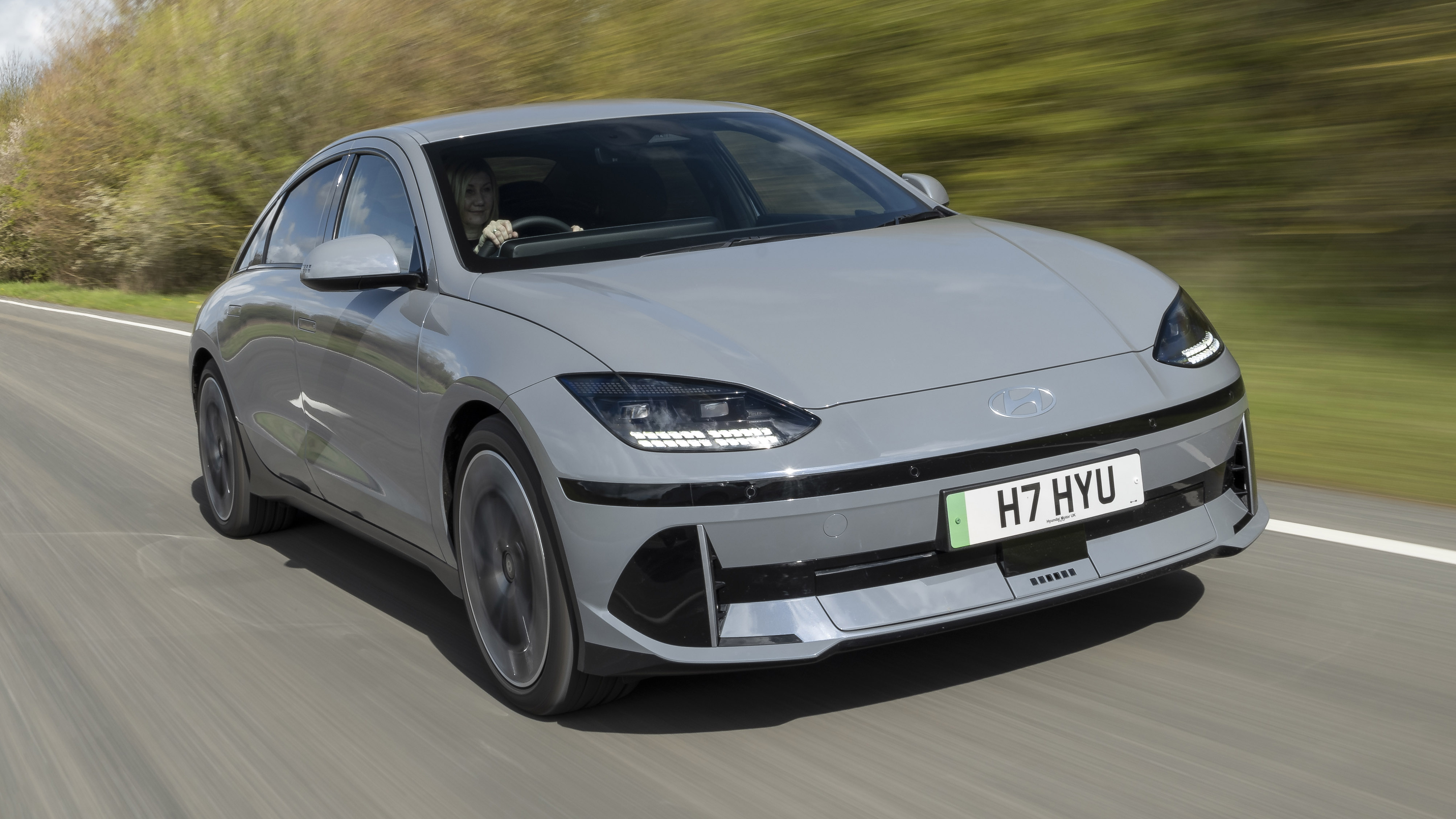Index Surge: Amplifying Your Insights
Stay updated with the latest trends and news across various industries.
Electric Cars: The Silent Revolution on Wheels
Discover how electric cars are transforming the future of travel with innovation, sustainability, and style in this silent revolution on wheels!
What Are the Benefits of Electric Cars Compared to Traditional Vehicles?
The rise of electric cars marks a significant shift in the automotive industry, offering numerous benefits compared to traditional vehicles. One of the most notable advantages is the reduction in carbon emissions. Electric cars produce zero tailpipe emissions, contributing to improved air quality and minimizing the effects of climate change. Additionally, they generally have a lower cost for maintenance since they have fewer moving parts and do not require oil changes. This translates to significant savings for consumers in the long run.
Another key benefit of electric cars is their energy efficiency. Electric vehicles convert over 60% of the electrical energy from the grid to power at the wheels, while traditional gasoline vehicles only convert about 20% of the energy stored in gasoline. Moreover, many electric cars come with advanced technology features that enhance the driving experience, including regenerative braking systems that improve energy efficiency while driving. Overall, the transition to electric transportation not only supports a more sustainable future but also offers various economic advantages for drivers.

How Do Electric Cars Work: A Beginner's Guide
Electric cars operate using an electric motor instead of a traditional internal combustion engine. The motor is powered by electricity stored in batteries, usually made up of lithium-ion cells. When the driver presses the accelerator, the electric motor draws power from the batteries, converting electrical energy into mechanical energy that propels the vehicle forward. Charging the batteries can be done at home through a standard outlet or at specialized charging stations, making it convenient for daily use.
The key components that make electric cars different from their gasoline counterparts include the battery pack, electric motor, and regenerative braking system. Regenerative braking allows the car to recover energy that would otherwise be lost during braking, converting it back into electricity to recharge the batteries. This efficient use of energy, combined with lower maintenance costs and reduced greenhouse gas emissions, makes electric cars a strong alternative to traditional vehicles for environmentally conscious consumers.
The Future of Electric Cars: Trends and Innovations to Watch
The future of electric cars is poised to be transformative, with trends and innovations that promise to redefine the automotive landscape. As countries around the globe increasingly prioritize sustainability, the demand for electric vehicles (EVs) is set to surge. Key trends to watch include advancements in battery technology, which are expected to lead to longer ranges and faster charging times. For instance, solid-state batteries are emerging as a promising alternative to conventional lithium-ion batteries, potentially offering higher energy density and improved safety.
In addition to improved batteries, we are witnessing a shift towards smarter vehicles. The integration of connected technology in electric cars is paving the way for a more personalized and efficient driving experience. Features such as autonomous driving, advanced driver-assistance systems (ADAS), and vehicle-to-everything (V2X) communication will not only enhance convenience but also improve safety on the roads. As manufacturers invest heavily in research and development, the next few years are likely to bring about groundbreaking innovations that will shape the future of transportation.